![]() Some of you have noted that I’ve not blogged in a long time. Too true. Three days after my last post, December’s Tis the Season, in which I expressed gratitude for robust good health, I got sick. The irony smarted as I succumbed to a nasty three-week-long cold that culminated in laryngitis. But that was only the beginning. I journeyed a total of four months in the intimate company of illness—including COVID—with only brief breakthrough glimpses of wellbeing. Then since my blessed return to good health in April, I’ve been rearranging my life based on what I learned—relearned, really—while I was down and out. Basically, I spent the past half-year taking my own medicine.
Some of you have noted that I’ve not blogged in a long time. Too true. Three days after my last post, December’s Tis the Season, in which I expressed gratitude for robust good health, I got sick. The irony smarted as I succumbed to a nasty three-week-long cold that culminated in laryngitis. But that was only the beginning. I journeyed a total of four months in the intimate company of illness—including COVID—with only brief breakthrough glimpses of wellbeing. Then since my blessed return to good health in April, I’ve been rearranging my life based on what I learned—relearned, really—while I was down and out. Basically, I spent the past half-year taking my own medicine.
I’d like to share with you what that means for me. When I realized I was getting sick, I immediately understood my body was talking to me. (The eloquence lurking in the metaphor of losing my voice being my first clue.) So, flat on my back in bed, or propped-up on the couch, forced to rest, I dropped into stillness, spending time in the fertile garden of contemplation. I got curious, asking increasingly probing questions, and listening deeply for the answers.
I journaled out my thoughts and feelings. I allowed whatever arose to be there and turned away from none of it. I reached out to others—my husband, friends, therapist—for help in deciphering my truth. I read books about what I was uncovering and experiencing. Eventually, this is what I heard my body saying: You’ve lost your way, woman, and I need you to get back on your path. How about rereading your own book? (That suggestion made with a chuckle and a wink.)
Here’s what my wise body reminded me of:
• Self comes first, others second. During the final push to publish my book and get it into the hands of those who might benefit from it, I’d let a few of my key practices—mindfulness, self-compassion, yoga nidra—slip into increasing irregularity, weakening my connection to me. (Ironic, as my book is largely about reclaiming the core self that trauma robs us of.) Tending, nurturing, and filling myself resources my service to others and must remain my top priority.
• Right doing springs from being. What I do—accomplish, bring forth, create—in the wider world is not as important as who I am. Those of you who’ve read my book know that I believe my purpose in life is to embody love. If that is so, what remains of paramount importance is how I am living that truth moment by moment and day to day, within myself and with those whose lives entwine with mine. The doing takes care of itself when I stay centered in this higher purpose.
• Rest is essential. I am not a machine. I am a human animal through whom the rhythms of the natural world run deep, despite what our productivity-focused culture wants to pretend. I need to foster—guard as sacred—sleep and dreams, pauses and periods of true rest throughout the day, and fallow times each year for me to be truly whole and make a positive impact with my life.
• Welcome grief. My beloved mother- and father-in-law both died during the four frenzied months preceding publication of my book, and the ball of ache I discovered in my chest while ill contained delayed mourning of their loss. So, I leaned in and let it flow. That ball also contained painful feelings about my son’s upcoming wedding, surprising me only briefly. As Joe Primo, CEO of Grateful Living, reminds us, “Joy is not dependent on grief’s absence. In fact, they exist simultaneously.” So, I let the deep sadness arising in me at the passing of a treasured life phase—signified by the upcoming marital rite—flow right alongside the utter elation at Eric’s having found his beloved Linden and brought her into our lives. We grieve because we love, and that’s something to celebrate, with weeping as well as dancing.
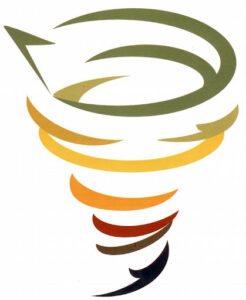 My body had helped me learn these important truths through the wonderfully hard work of healing a few years ago, and I thanked her for bringing me back to them. Back to myself. I also apologized to her for not listening sooner. I’d ignored signs along the way—some dysregulated sleep, for starters—requiring her to speak more forcefully. But I also celebrated with her that at least it only took mild illness and a four-month recovery this time, instead of a blow to the head and a year and a half rehab (see my book) for me to reawaken. Clear progress, don’t you think?
My body had helped me learn these important truths through the wonderfully hard work of healing a few years ago, and I thanked her for bringing me back to them. Back to myself. I also apologized to her for not listening sooner. I’d ignored signs along the way—some dysregulated sleep, for starters—requiring her to speak more forcefully. But I also celebrated with her that at least it only took mild illness and a four-month recovery this time, instead of a blow to the head and a year and a half rehab (see my book) for me to reawaken. Clear progress, don’t you think?
Which brings me to a final truth these past six months reinforced: As does all of life, healing has a cyclical rhythm. Expecting it to be linear—you know, culture’s “feel it, release it, you’re done with it” model—leads to harmful self-recrimination when issues we thought we’d “fixed” inevitably come around again. They do so as a gift, inviting deeper exploration and more refined integration. On the upward spiral of growth, I will lose my way again. But each time I do, I’ll notice sooner and find my way back more easily, becoming more whole in the process. It’s Nature’s way, the best medicine we have.


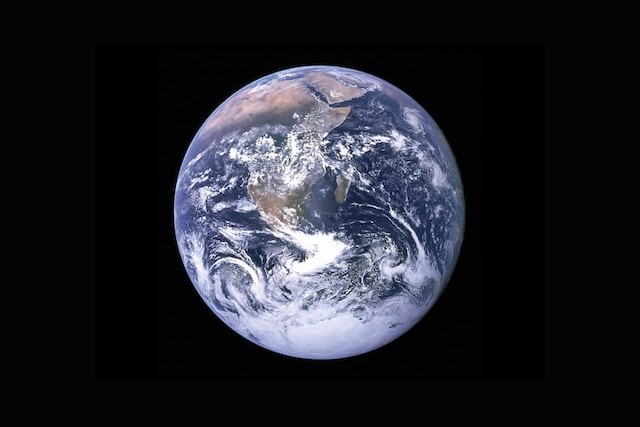
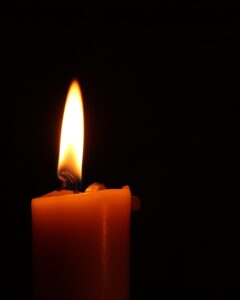 On this day of the winter solstice here in the Northern Hemisphere, I want to share with you some results of that experiment, of following my biological impulses and inner knowing. I trundle off to bed for the night whenever I feel sleepy, no matter the time, sometimes as early as 7:30. In the short hours of delicious velvety blackness between sunset and bedtime, I eschew most artificial light because it feels too harsh to my eyes. Instead, I light a few candles and maybe a lamp or two on their dimmest settings, happily padding around the darkened house. I naturally wake early, bundle up, and sit outside to witness the sunrise in the company of the chittering hummingbirds and rustling rodents who share their space with me.
On this day of the winter solstice here in the Northern Hemisphere, I want to share with you some results of that experiment, of following my biological impulses and inner knowing. I trundle off to bed for the night whenever I feel sleepy, no matter the time, sometimes as early as 7:30. In the short hours of delicious velvety blackness between sunset and bedtime, I eschew most artificial light because it feels too harsh to my eyes. Instead, I light a few candles and maybe a lamp or two on their dimmest settings, happily padding around the darkened house. I naturally wake early, bundle up, and sit outside to witness the sunrise in the company of the chittering hummingbirds and rustling rodents who share their space with me. Not all these welcome results of my seasonal experiment were easily come by. Doubt doggedly peppered the months. Once or twice, usually after a moment’s tearfulness, I caught myself thinking Uh-oh, is this depression? Quiet reflection allowed me to answer a calm No to this question. In remembering the agony of that frozen state and comparing it to the fluidity of my experience now, I saw how old fear-based thought patterning was mistaking seasonal attunement for dysfunction. Occasionally, strident voices in my head pontificated at me about how I, as an author, “should” promote my work and what I “ought” to be out there doing—regardless of the season—in order not to “lose momentum”. Thankfully I had the support of the sisterhood in Karen Brody’s revolutionary
Not all these welcome results of my seasonal experiment were easily come by. Doubt doggedly peppered the months. Once or twice, usually after a moment’s tearfulness, I caught myself thinking Uh-oh, is this depression? Quiet reflection allowed me to answer a calm No to this question. In remembering the agony of that frozen state and comparing it to the fluidity of my experience now, I saw how old fear-based thought patterning was mistaking seasonal attunement for dysfunction. Occasionally, strident voices in my head pontificated at me about how I, as an author, “should” promote my work and what I “ought” to be out there doing—regardless of the season—in order not to “lose momentum”. Thankfully I had the support of the sisterhood in Karen Brody’s revolutionary 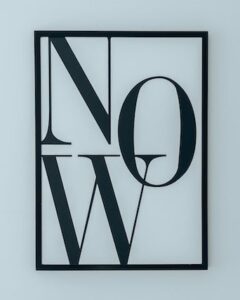 Hope is about the future, though, and I wish to return to now, drawn there by a phrase from beloved 5Rhythms and Dharma teacher
Hope is about the future, though, and I wish to return to now, drawn there by a phrase from beloved 5Rhythms and Dharma teacher 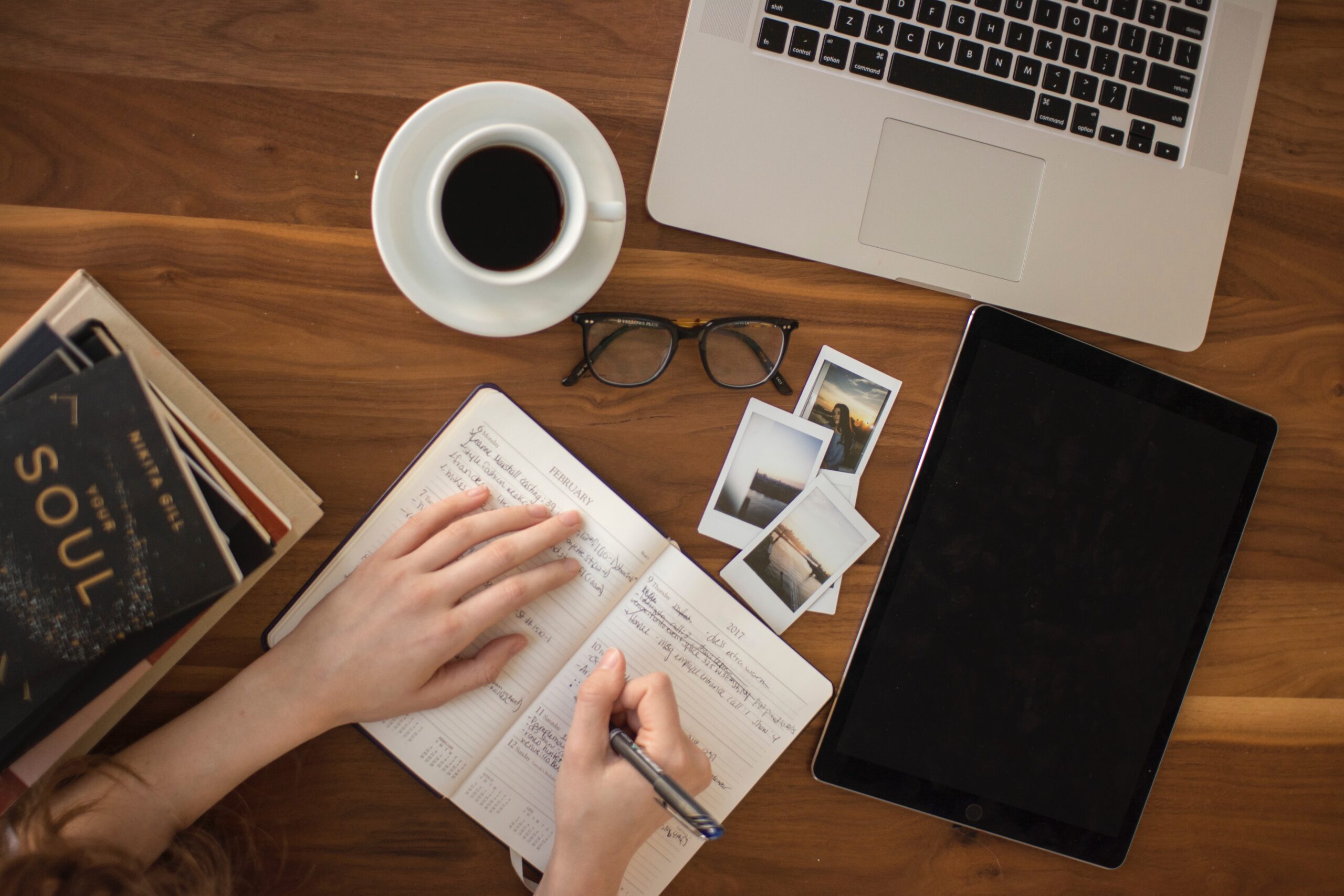
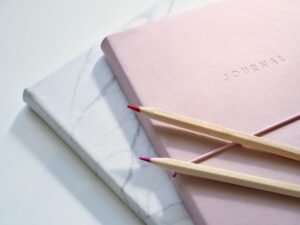 Interest in writing isn’t completely new to me. I did keep a diary intermittently as a young person and journaled throughout adulthood in fits and starts, always enjoying the experience but unable to maintain the discipline of consistency. And, of course, I wrote academically too. But, perhaps like many students, I saw it simply as something I had to do to get through school, not as something to relish for itself. During my college years, one professor did suggest I develop my ideas and pursue publication, really dig into writing as a career. But I paid no heed to her.
Interest in writing isn’t completely new to me. I did keep a diary intermittently as a young person and journaled throughout adulthood in fits and starts, always enjoying the experience but unable to maintain the discipline of consistency. And, of course, I wrote academically too. But, perhaps like many students, I saw it simply as something I had to do to get through school, not as something to relish for itself. During my college years, one professor did suggest I develop my ideas and pursue publication, really dig into writing as a career. But I paid no heed to her. I regret not getting to this awareness sooner in my life, but I’ve decided not to dwell on that feeling. After all, it’s rooted in the past, and I’m here now. So, at age sixty-four, I’m moving forward with gratitude into my new vocation, wondering where it’ll take me in the years that might remain to me on this planet. How about you? Were you one of the lucky ones who found purpose earlier in life? What a joy to know deep inside yourself that you were aligned with your work, and to have that inner knowing to sustain you throughout the inevitable vocational challenges. Or did you chronically struggle as I did, maybe give up on the whole notion of purpose for yourself? If so, take heart. I can say from lived experience that it’s never too late to ask yourself what makes you come alive, and then to go do it.
I regret not getting to this awareness sooner in my life, but I’ve decided not to dwell on that feeling. After all, it’s rooted in the past, and I’m here now. So, at age sixty-four, I’m moving forward with gratitude into my new vocation, wondering where it’ll take me in the years that might remain to me on this planet. How about you? Were you one of the lucky ones who found purpose earlier in life? What a joy to know deep inside yourself that you were aligned with your work, and to have that inner knowing to sustain you throughout the inevitable vocational challenges. Or did you chronically struggle as I did, maybe give up on the whole notion of purpose for yourself? If so, take heart. I can say from lived experience that it’s never too late to ask yourself what makes you come alive, and then to go do it.